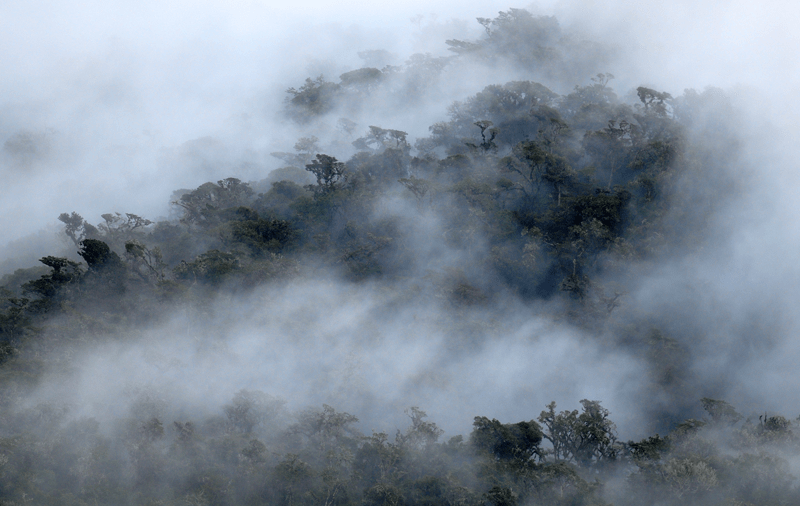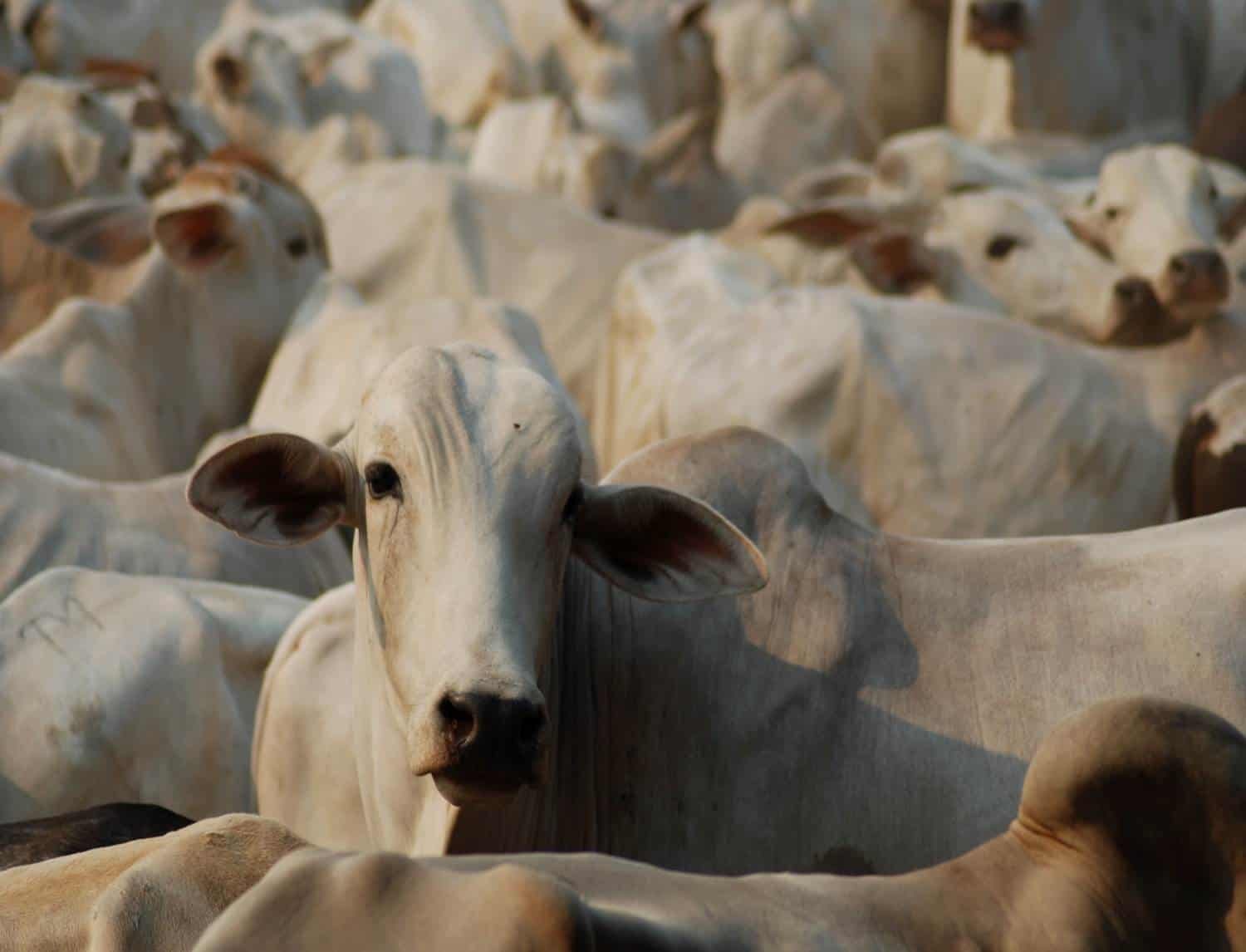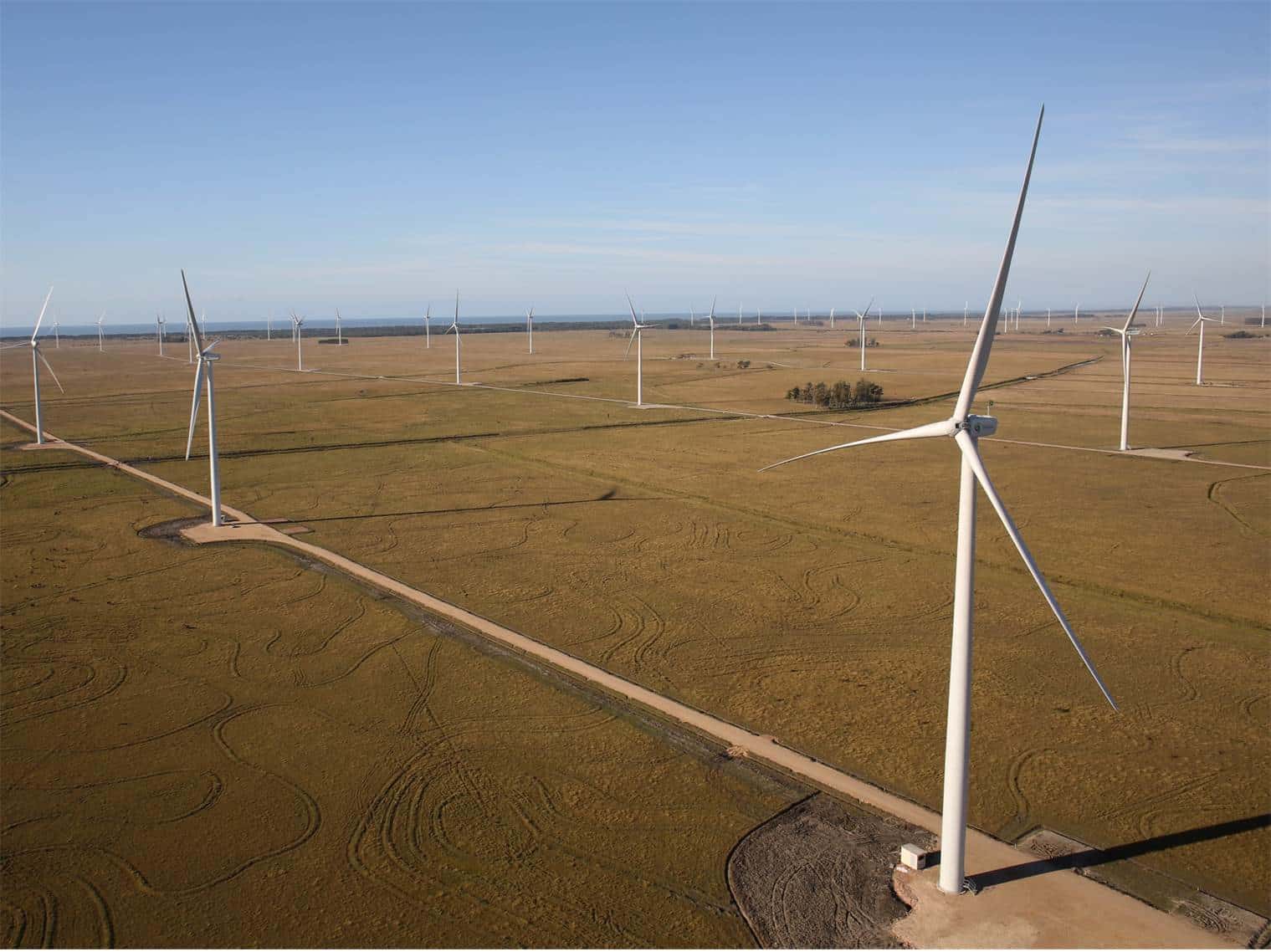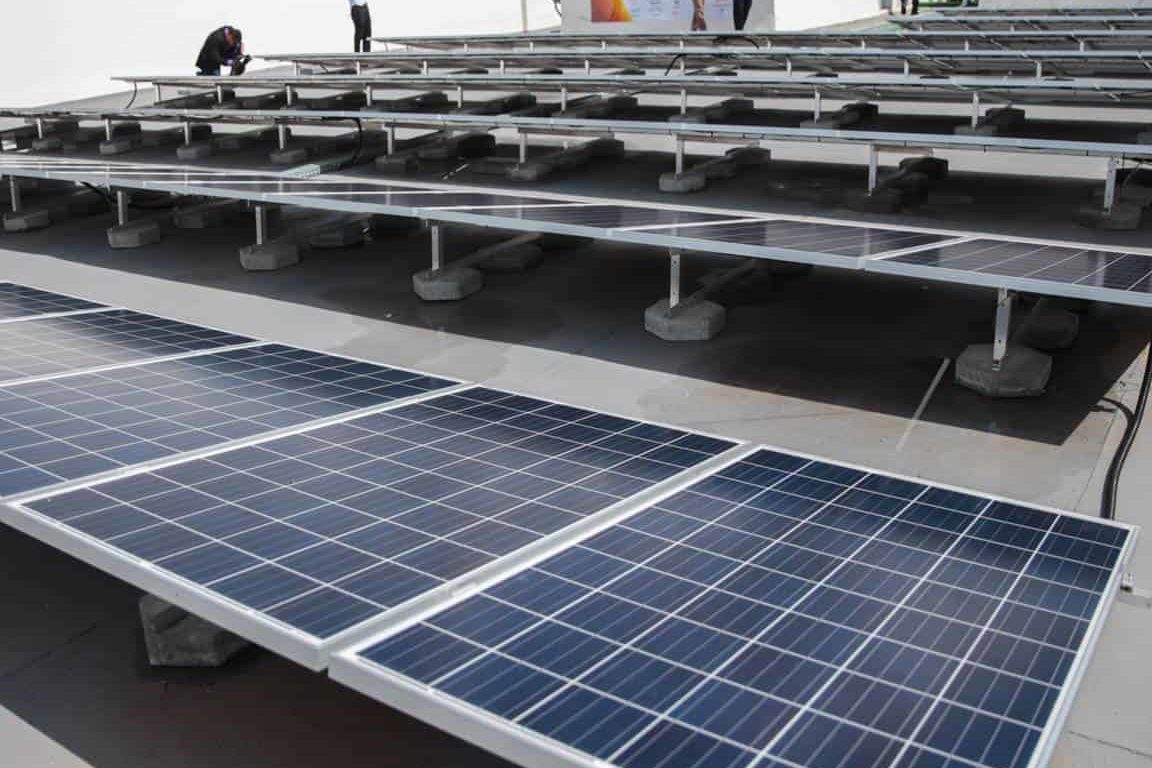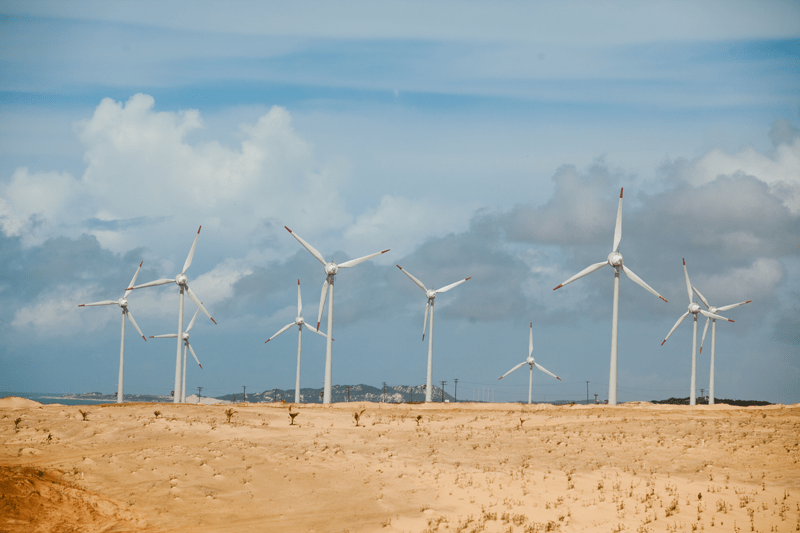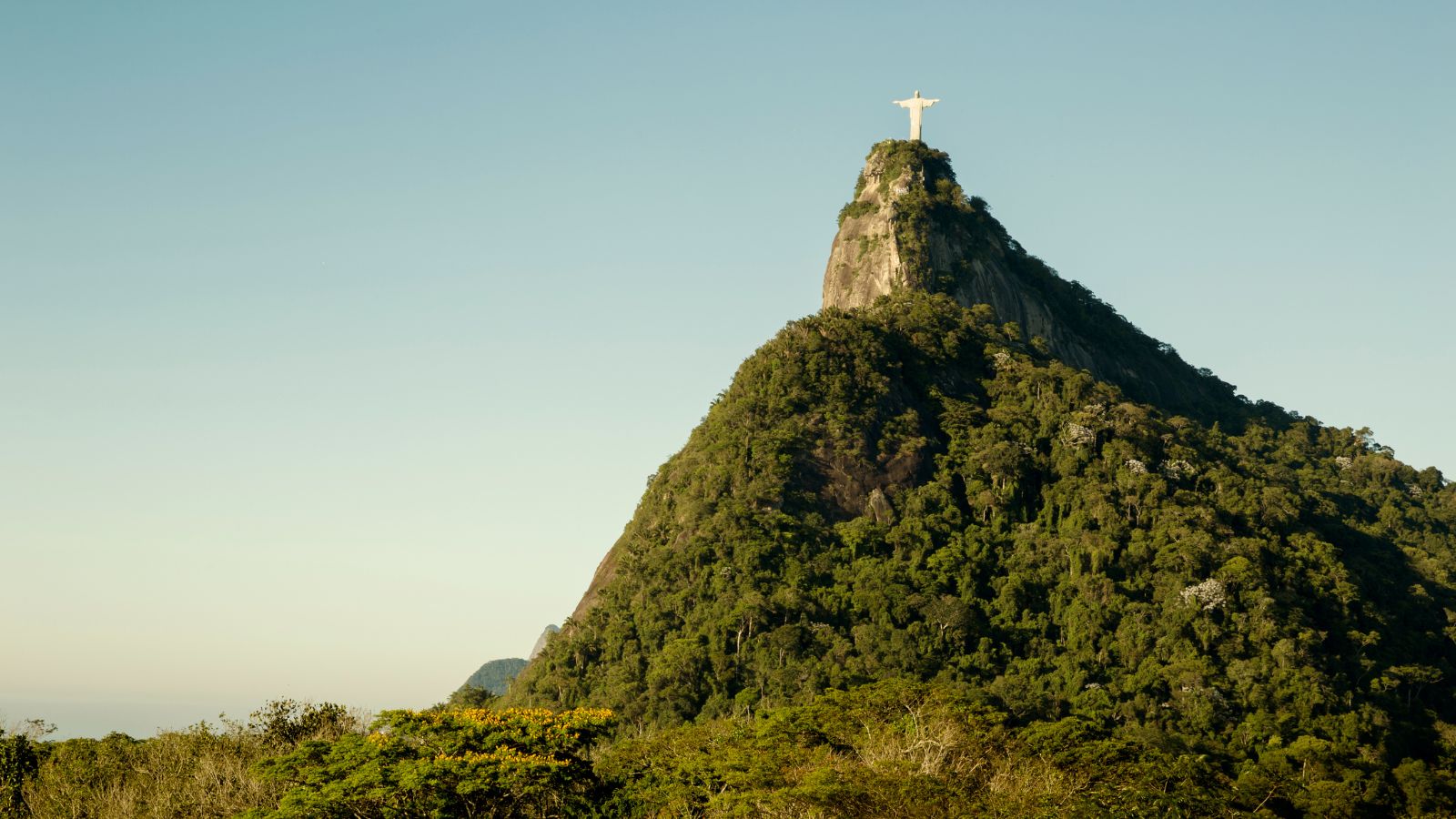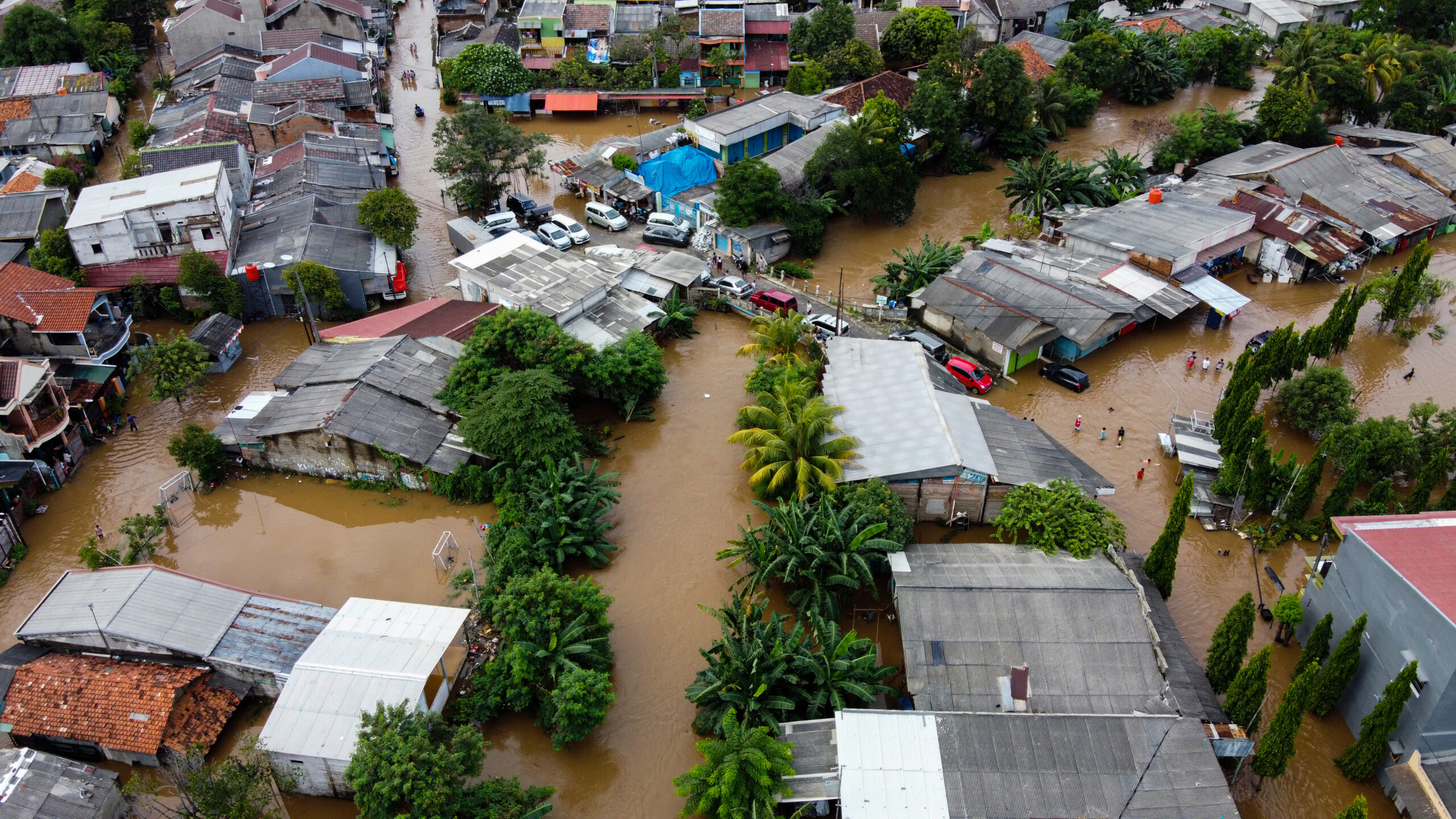NEW YORK, September 20, 2017—Today, investors and government representatives met in the margins of the United Nations General Assembly and New York Climate Week to launch a new class of businesses and initiatives that will mobilize finance for addressing climate change.
Founded in 2014, the Lab incubates a small number of initiatives each year. Past instruments have mobilized USD 822 million to-date. They have included Climate Investor One, a fund that provides early-stage finance for renewable energy in developing countries, and recently reached a successful USD 412 million close; and Energy Savings Insurance, which insures the cost savings from energy efficiency investments, and is developing pilots in seven Latin American countries.
Each of the new instruments has been subject to nearly a year of vetting and development by a high-level group of investors and policy makers including: Africa Finance Corporation, Blackrock, Bloomberg Philanthropies, the Brazilian National Development Bank (BNDES), CAIXA, Climate Investment Funds, Development Bank of South Africa, DeutscheBank, IDB, IFC, OPIC, The Rockefeller Foundation, Willis, and the Brazilian, Dutch, German, Indian, Rwandan, US, and UK governments, among others.
The 2017 Lab instruments are:
- The Cloud Forest Blue Energy Mechanism, which will engage hydropower operators in Latin America to pay for upstream forest conservation and restoration. Proposed by Conservation International and the Nature Conservancy, at scale, the initiative would restore and conserve 60 million hectares of cloud forest – an area nearly the size of Texas – with an associated market size of $12 billion to 2030.
- Climate Smart Cattle Ranching, which will provide technical assistance and finance for Brazilian cattle ranchers to adopt sustainable ranching practices. Proposed by Naturevest and The Nature Conservancy, operations could scale to cover 300,000 hectares in the first five years, mobilizing 200 million US dollars for sustainable cattle ranching practices.
- CRAFT, which will be the first private equity fund to focus on expanding available technologies and solutions for climate adaptation. Developed by the Lightsmith Group, the fund already has an initial pipeline of investments under due diligence.
- Distributed Generation for Cooperatives, which will scale up distributed renewable energy by partnering with agricultural cooperatives in Brazil. Proposed by Renobrax, will provide renewable energy that’s 10-20% less expensive than existing options.
- The Green FIDC, which tailors an existing financial structure in Brazil to provide lower-cost, long-term capital to renewable energy and energy efficiency projects. Proposed by Albion Capital and Get2C, the instrument is considering two initial pilots – energy efficient street lighting in Rio de Janeiro and a 90 MW solar PV project in the state of Ceará.
- The Renewable Energy Scale up Facility, which will use an innovative options mechanism to drive long-term, low-risk private finance into earlier stages of renewable energy projects in emerging markets. Proposed by Baker & McKenzie and Get2C, as it scales, the facility is expected to mobilize around $25 of commercial investment for every $1 of concessional investment, while significantly contributing to countries’ climate and energy goals.
More information on each instruments, including short videos, fact sheets, and analytical reports are available at www.ClimateFinanceLab.org.
The Lab also launched a new call for submissions into its 2017-2018 cycle. Interested parties can visit www.ClimateFinanceLab.org to learn more and submit proposals.
